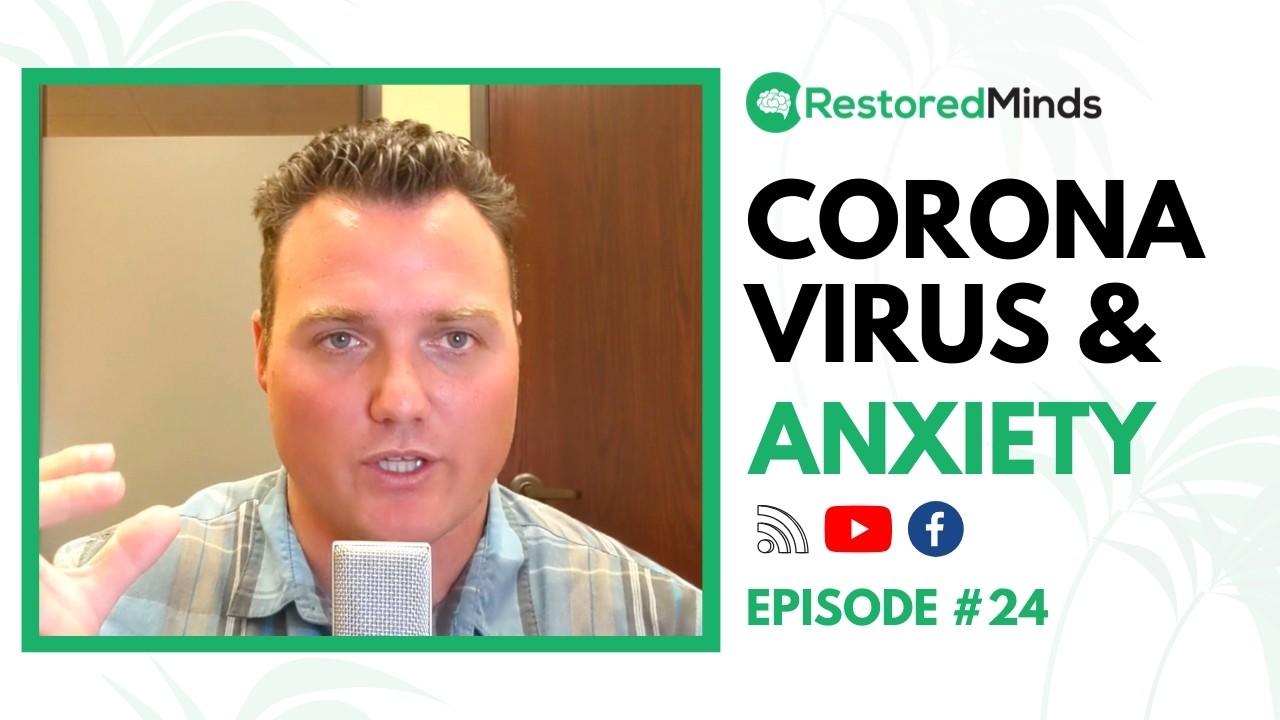Corona Virus & Anxiety
Mar 17, 2020
The Anxiety Epidemic
Anxiety thrives in situations where we lack control and certainty. With health anxiety, people often seek impossible guarantees about their well-being, leading to heightened stress. During the coronavirus pandemic, this fear has manifested in behaviors like stockpiling essentials, sometimes at the expense of others. Understanding and managing this anxiety is crucial for both individual well-being and societal harmony.
The Impact of Panic
Panic can have severe consequences, driving people to act in ways they normally wouldn't. For instance, unnecessary hoarding of supplies can leave others in need. It's vital to recognize when panic is influencing your actions. Awareness allows you to step back and make conscious choices that consider both your needs and those of your community.
Behavioral Responses to Anxiety
One common response to anxiety is attempting to control the external environment, whether it's stockpiling or other protective behaviors. However, such actions often fuel anxiety rather than alleviate it. By focusing on behaviors that promote internal peace, we can start to manage our anxiety more effectively.
Tips for Managing Coronavirus Anxiety
-
Acknowledge Your Panic
: Recognizing your anxiety is the first step to managing it. Awareness gives you the space to choose how to respond.
-
Limit Media Consumption
: Constant exposure to news can escalate panic. Set boundaries on how much time you spend consuming media.
-
Practice Mindfulness
: Engaging in mindfulness exercises can help you stay grounded and reduce anxiety.
-
Help Others
: Acts of kindness, like assisting an elderly neighbor with groceries, can foster a sense of community and reduce your own feelings of panic.
-
Seek Professional Support
: If anxiety becomes overwhelming, don't hesitate to seek professional help. Online resources and telehealth options are available.
Stockpiling and Its Consequences
Stockpiling essentials like toilet paper or cleaning supplies can provide a false sense of security. These actions are often driven by panic and can exacerbate the anxiety of others by creating shortages. Instead, buy what you need and leave enough for others.
Conclusion
In the face of the coronavirus pandemic, it's essential to manage our anxiety and not let it drive us to panic. Instead, let's choose behaviors that foster internal peace and community solidarity. By doing so, we can navigate this challenging time with our humanity intact.


